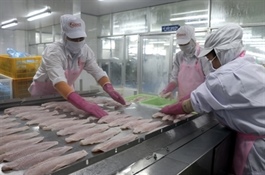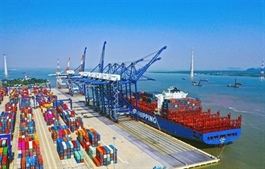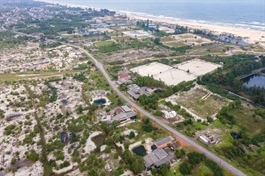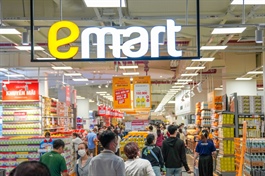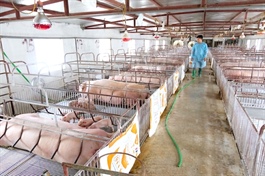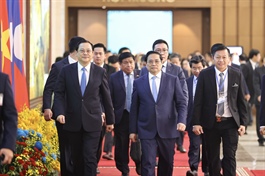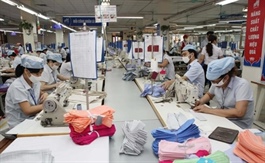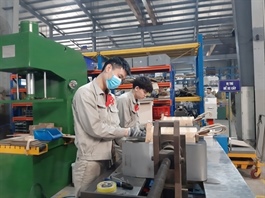Nestlé makes another $100 million investment into Nestlé Tri An in Dong Nai
Nestlé makes another $100 million investment into Nestlé Tri An in Dong Nai
On January 9, Nestlé Vietnam announced an additional investment of $100 million into the Nestlé Tri An factory in the southern province of Dong Nai, raising the total investment capital of the factory to $500 million.

The additional investment will double the factory's capacity to meet the growing coffee demand, thereby helping Vietnam to become a high-value coffee production and supply centre for the global and local markets.
At present, the coffee products being produced in the Nestlé Tri An factory are exported to over 29 countries around the world. In addition, Nestlé is also Vietnam's largest coffee buyer, with a total annual purchase value of $700 million per year.
Binu Jacob, managing director of Nestlé Vietnam, said, "The project is a testament to Nestlé's commitment to long-term investment in Vietnam. When fully operational, the factory will double its capacity to meet the needs of the local market and exports. The project is expected to create more jobs and expand long-term investment activities in Vietnam, thereby contributing to the sustainable and thriving economic growth of the country."
Sustainable coffee production is one of Nestlé's important directions in Vietnam. Besides investing in production technology, the Nestlé Tri An factory places emphasis on sustainable development by using clean energy and biomass energy. The factory also adopts circular economy in waste management and water resource conservation.
As a result, the factory can cut 14,000 metric tonnes of carbon emissions per year during coffee processing. Meanwhile, 100 per cent of coffee grounds are converted into biomass energy. Wastewater is processed, recycled, and reused for boilers, saving more than 112,000cu.m of water per year.
To improve Vietnamese coffee beans, Nestlé has implemented the NESCAFÉ Plan in the Central Highlands since 2011. The programme has brought positive solutions to promote the sustainable development of Vietnam's coffee industry, from distributing high-quality coffee saplings to implementing regenerative farming practices and saving water resources and biodiversity.
"With the sustainable business strategy, Nestlé Vietnam creates nutritious products to improve the life quality of Vietnamese, raises the value of Vietnamese coffee beans, and protects and regenerates resources for the future generation," Jacob added.
As of present, Nestlé has made a total investment of $830 million in Vietnam, with four factories and two distribution centres.









